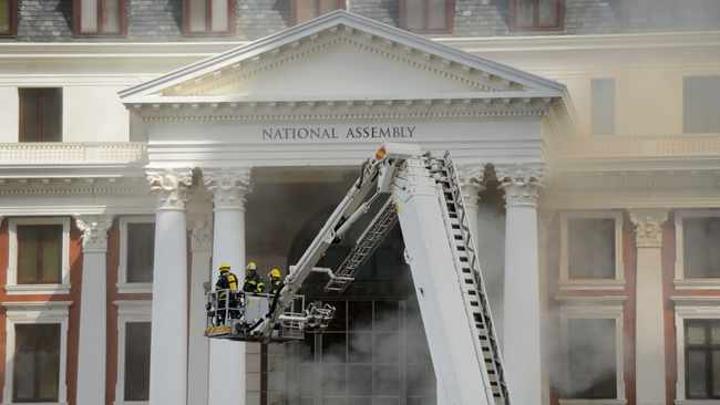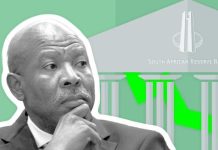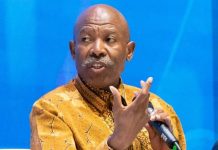Africa-Press – South-Africa. By Zelna Jansen
The fire that destroyed the New Wing of Parliament has re-ignited calls for the seat of Parliament to be moved. These calls first emerged several years ago.
A feasibility study was conducted which estimated the cost of moving Parliament to be around R7 billion. To move Parliament, an act of Parliament is required. Section 42(6) of the Constitution provides that the “seat of Parliament is Cape Town, but an Act of Parliament enacted in accordance with Section 76(1) and (5) may determine that the seat of Parliament is elsewhere”.
The calls to move Parliament have been motivated for reasons including that it would, first, make financial and political sense and, second, that it would allow for better oversight to be conducted over the executive branch of government.
We must bear in mind that South Africa’s democracy is based on the principle of separation of powers. The Constitution does not specifically mention the principle.
However, whenever a constitutional case is decided on an issue pertaining to the mandate of the executive and legislative branches, the principle is discussed at length to ensure that no branch intrudes on the mandate of the other. The Interim Constitution of 1993 provided that “there shall be a separation of powers between the legislature, executive and judiciary, with appropriate checks and balances to ensure accountability, responsiveness and openness”.
The final Constitution adopted in 1996 gave effect to this principle, wherein each branch of government is independent, has a separate function, and has unique powers that the others cannot infringe upon.
The legislature makes laws, conducts oversight over the executive and is the voice of the people. The executive governs the country through implementing laws and policies. The judiciary enforces the law.
One should not usurp the functions and responsibilities of the other. The three branches are not hermetically sealed from each other and exhibit a degree of overlap.
Moving the seat of Parliament closer to the seat of the executive must be comprehensively analysed, thought through and requires a broad discussion as to how and whether it will enhance Parliament’s oversight function.
The party that wins the most votes governs the country and will have a majority vote in decisions adopted in Parliament. A question to be considered is whether having the ruling party, the executive government, and Parliament in the same province will either enhance oversight or blur the lines of separation.
Will it potentially make it easier for the one branch to intrude on the mandate of the other? Already, there are perceptions that Parliament is not conducting proper oversight of the executive government. It may also reinforce the perception that Parliament merely rubber-stamps the decisions of the executive.
About the issue of saving cost, one must bear in mind that the government is spread over the entire South Africa and not only in one province. Members of Parliament (MPs) will, therefore, have to travel to conduct oversight throughout South Africa.
Another matter to consider is that MPs are in all provinces of South Africa and would have to travel to Tshwane. Parliament is also the voice of the people. These people will have to travel to the seat of Parliament whether it is in Cape Town, Tshwane or anywhere else.
The travelling of MPs is an essential, and therefore, a necessary expense in conducting the mandate of the legislature. Other questions to be considered are how this will affect the workers currently employed at Parliament and how it will impact the economy of the Western Cape and its people.
Is it the right time to have such an enormous expense estimated at R7 billion to move the seat of the legislature? A declining economy means a declining income for the fiscus. South Africa faces challenges of poverty, low levels of education, high unemployment rate, among others.
Does the fiscus have this money? The R7 billion is only an estimate, which means there is the potential of this amount ballooning. A bill requiring the seat of Parliament to be moved would have to follow the process of Section 76 of the Constitution.
This means that public hearings would have to take place at national as well as provincial level. If there is no litigation, it is likely to take about two years for such a bill to be finalised. Other provinces may also want to bid for the seat.
Moving creates lucrative opportunities for any province and its resident entrepreneurs.
If a bill moving the seat of Parliament is introduced, it will be interesting to see how the various arguments unfold. However, priority should be given to arguments reinforcing the importance of keeping the legislature and the executive separate, improving Parliament’s mandate of conducting oversight and involving the public in its business.
* Jansen is a lawyer and CEO of Zelna Jansen Consultancy.
For More News And Analysis About South-Africa Follow Africa-Press






